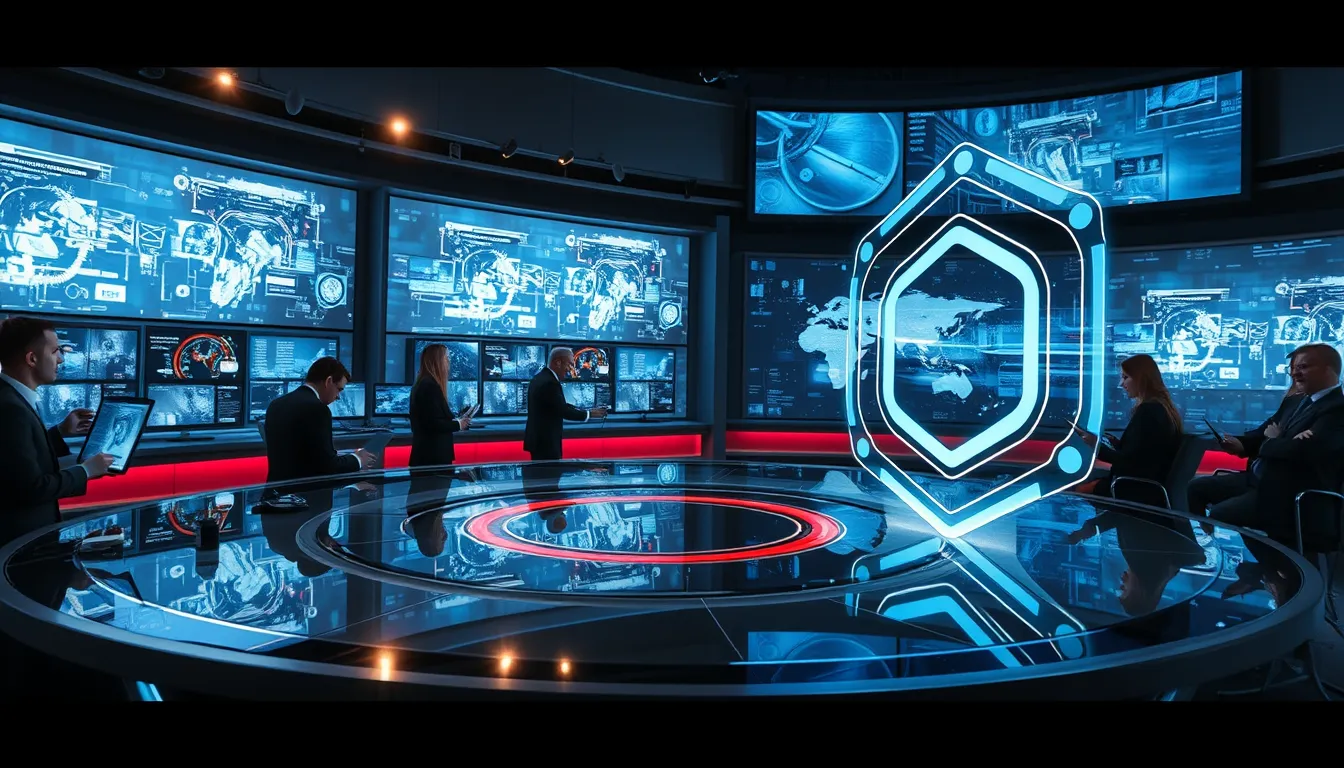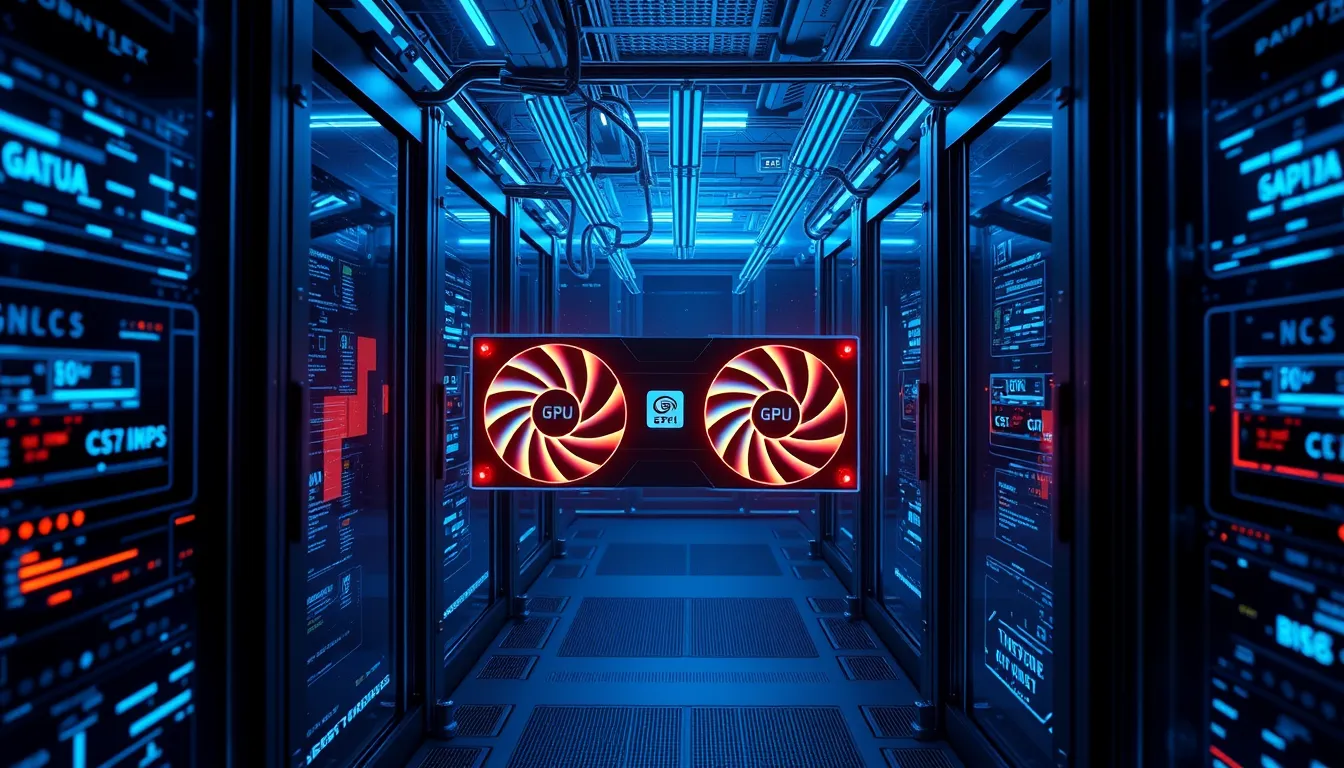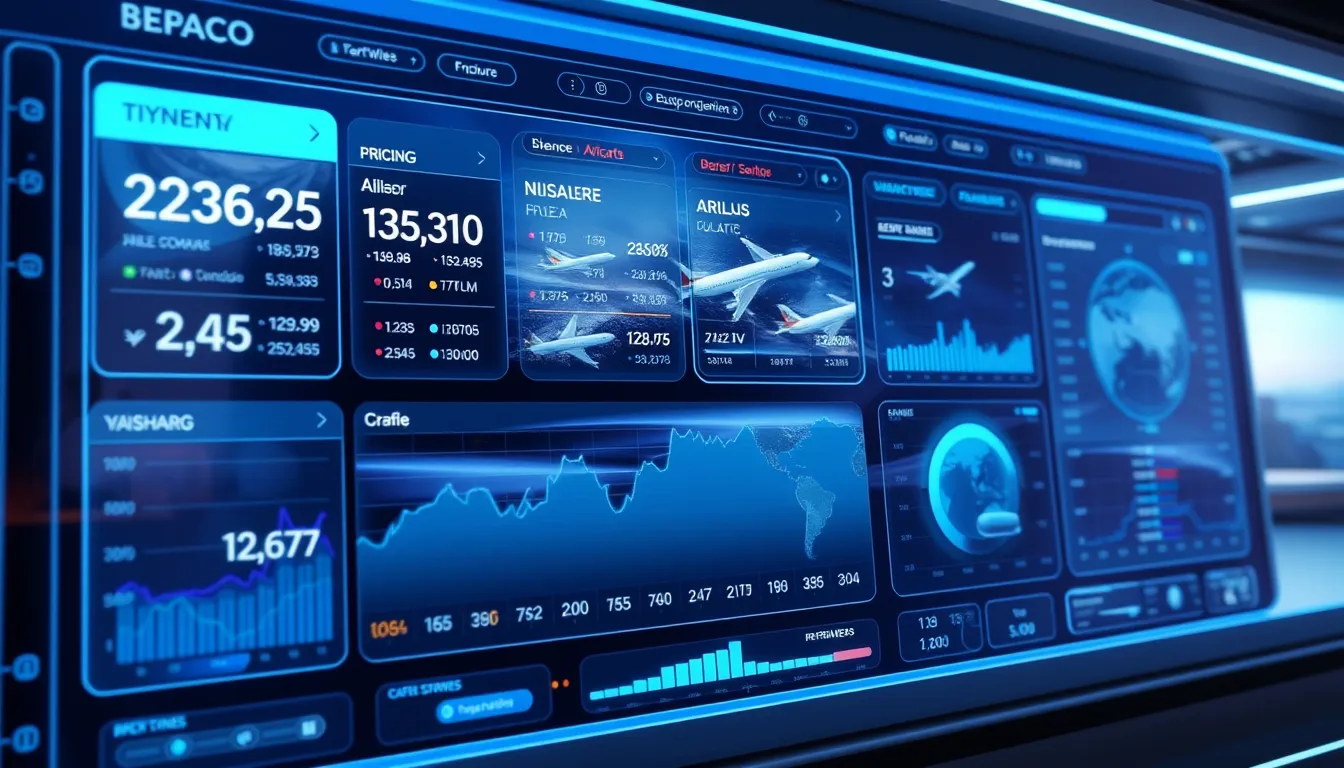Now Reading: Bold Move: Anthropic Revokes OpenAI Access to Claude
-
01
Bold Move: Anthropic Revokes OpenAI Access to Claude
Bold Move: Anthropic Revokes OpenAI Access to Claude

Bold Move: Anthropic Revokes OpenAI Access to Claude
In the rapidly evolving landscape of artificial intelligence, a groundbreaking decision has emerged that could redefine competitive dynamics. Recently, Anthropic—renowned for building safe and scalable AI systems—made a surprising move by revoking OpenAI’s access to its acclaimed proprietary tool, Claude. This decision not only marks a pivotal shift in technology partnerships but also raises important questions around intellectual property security and competitive strategy in the AI industry.
The Strategic Context Behind the Decision
Anthropic, a leader in innovative AI research, has built a reputation for pushing the boundaries of technology. By deciding to revoke access to Claude, Anthropic aims to fortify its control over a crucial asset, ensuring that its breakthrough technology remains exclusive. This step is seen as a defensive maneuver designed to protect its investments and enhance its competitive edge. Key factors influencing this decision include:
- The need to secure proprietary AI tools and intellectual property.
- Rising concerns over data privacy and technology misuse.
- A strategic emphasis on establishing clear competitive boundaries in a fiercely competitive market.
Impact on OpenAI and Claude AI Integrations
The decision has significant implications for OpenAI, which previously benefited from integrating Claude’s functionalities into its systems. OpenAI, whose official website can be accessed at OpenAI, now faces the challenge of revisiting its technology partnerships and development strategies. This disruption forces a careful reevaluation of its competitive strategy, underscoring the delicate balance between collaboration and competition in the AI ecosystem.
Competitive Strategy and AI Research Dynamics
The reverberations of this move extend across the broader technology industry, where collaborative frameworks once helped drive rapid innovation. The following points highlight the multifaceted impact of this decision:
- Protection of Proprietary Tools: Anthropic is set on ensuring that Claude’s advanced capabilities do not fall into the hands of competitors. This move protects valuable research and underlines the importance of intellectual property security in AI.
- Rethinking Partnership Models: With access to Claude now revoked, OpenAI is prompted to explore alternative technologies or develop in-house solutions to fill the emerging gap. This strategic pivot has potential ripple effects on how companies negotiate technology partnerships in the future.
- Industry-Wide Effects: The decision signals a possible trend towards more guarded, proprietary ecosystems within AI research. As companies strive to maintain their competitive edge, we may witness a broader shift where collaborative initiatives give way to tighter control over core technologies.
Exploring the Broader Implications for AI Competitiveness
- Intellectual Property Security: With proprietary tools coming under increased scrutiny, companies are likely to introduce stricter security measures to protect their innovations.
- Sudden Shifts in Technology Partnerships: The revocation of access demonstrates that the previously collaborative nature of AI development can quickly turn competitive, especially when strategic interests diverge.
- Regulatory Considerations: As technological boundaries blur, regulatory bodies may need to intervene to ensure that competitive strategies do not compromise ethical AI practices or data security.
This turning point offers an opportunity for industry stakeholders to reexamine the balance between cooperative progress and the need for competitive advantage. As companies like Anthropic and OpenAI navigate these challenges, the stakes remain high in the closely watched race for AI supremacy.
What It Means for the Future of AI Innovation
The revocation of access to Claude by Anthropic is not a solitary incident; rather, it represents a strategic shift that could have long-lasting repercussions. In an industry where each technological breakthrough fuels further advancements, making unilateral decisions like this one can significantly alter power dynamics. The scenario presents several potential future trends:
- Increased Investment in In-House Research: With reliance on external tools becoming riskier, companies may boost their investment in developing proprietary technologies.
- Shifts in Collaboration Norms: As competitive pressures intensify, the once common practice of sharing technology may give way to a more siloed, guarded approach.
- Enhanced Focus on Ethical AI Practices: The move also brings to light the importance of embedding data security and ethical considerations in strategic planning. This focus can pave the way for new regulatory frameworks that balance competitiveness with accountability.
Conclusion
In conclusion, the decision by Anthropic to revoke OpenAI’s access to Claude is a powerful reminder of the high stakes in the AI sector. It challenges traditional models of collaboration and compels industry stakeholders to rethink competitive strategy and intellectual property security. As technology partnerships evolve and regulatory landscapes adapt, the pathway toward sustained innovation will undoubtedly be shaped by these bold strategic decisions.
This moment in AI history is a critical reminder that the race for technological supremacy is defined not only by innovation but also by strategic control over proprietary tools. As companies recalibrate their approaches and navigate the complexities of competitive dynamics, the future of AI promises to be as challenging as it is exciting.

























